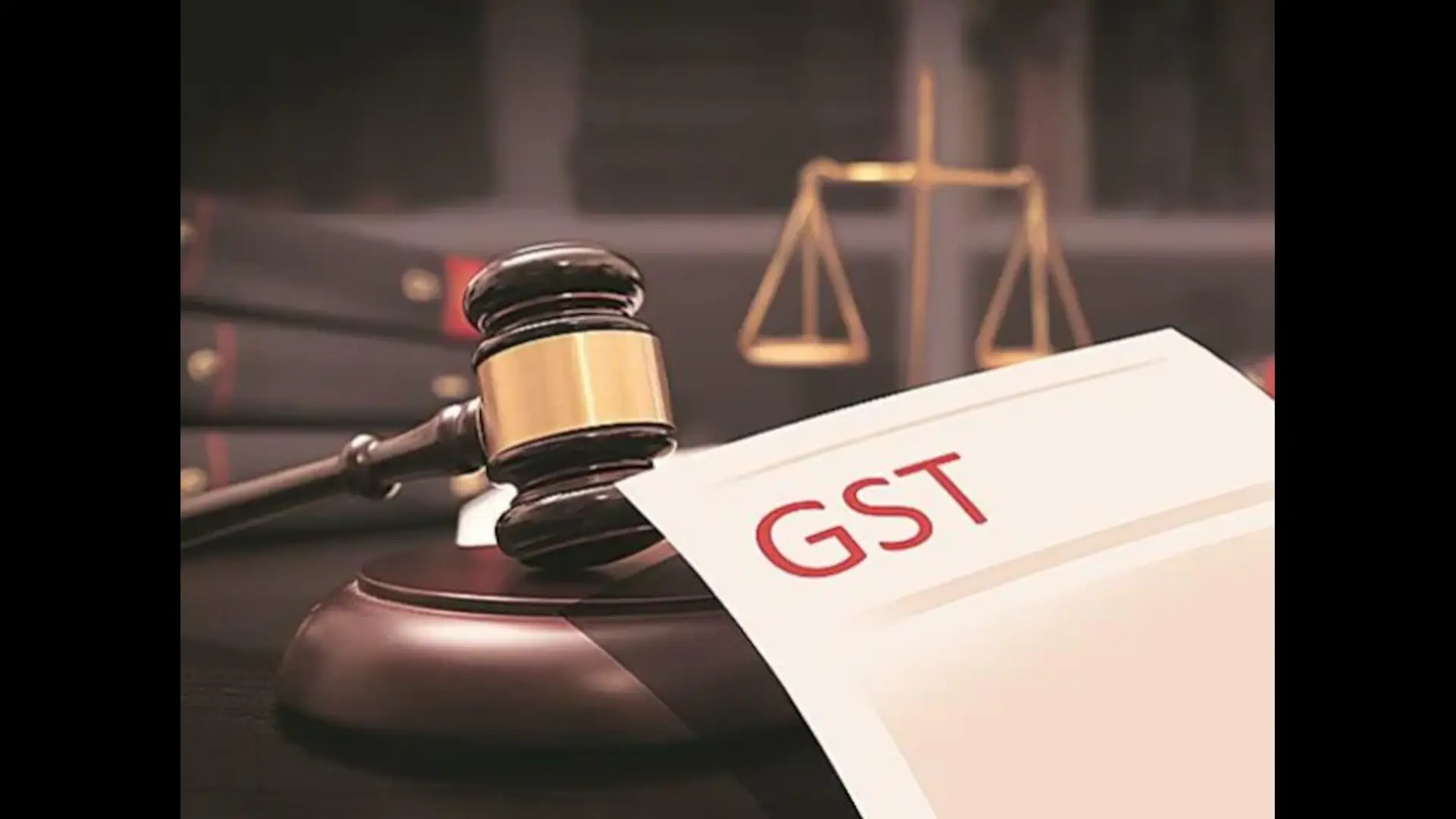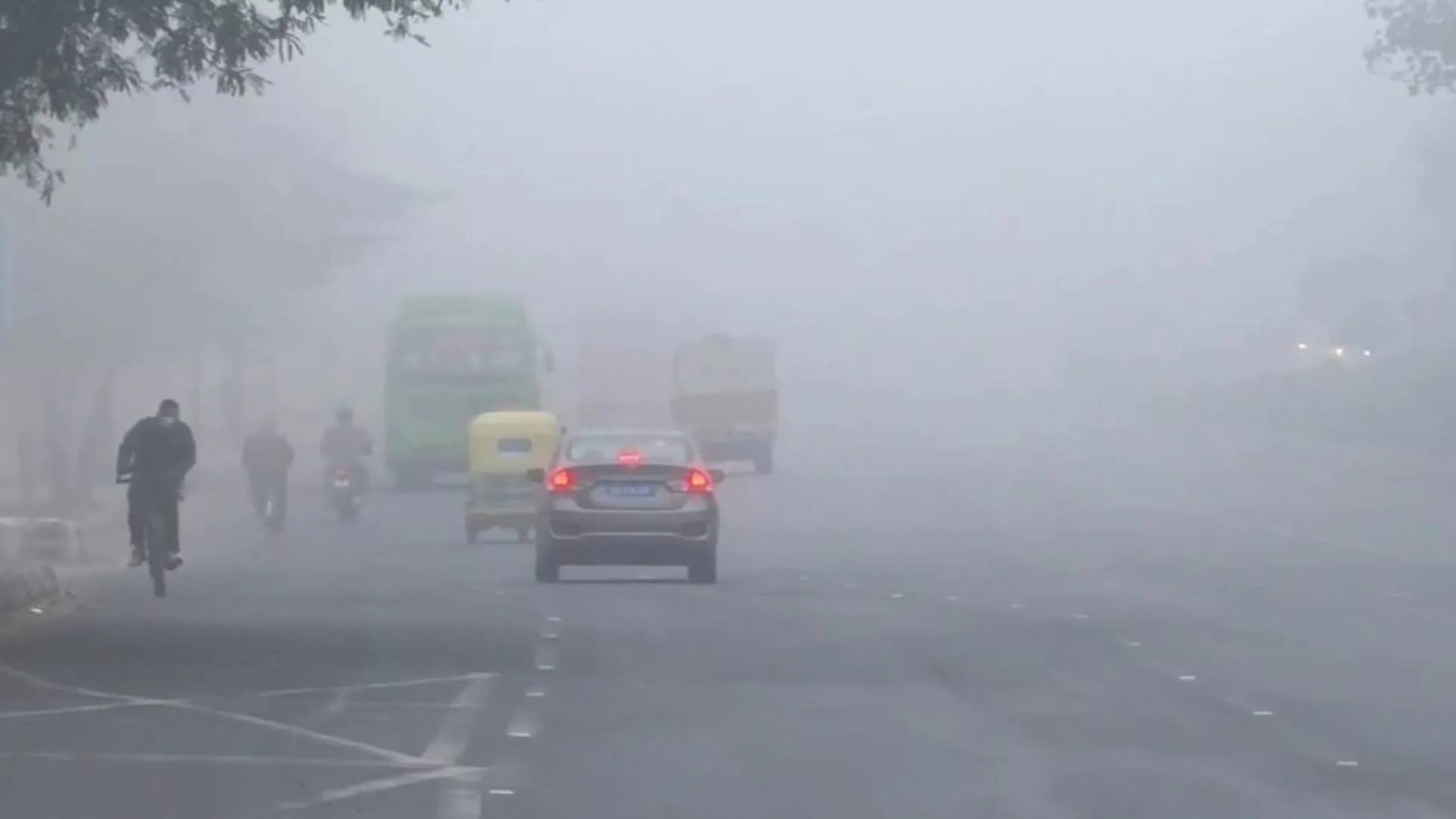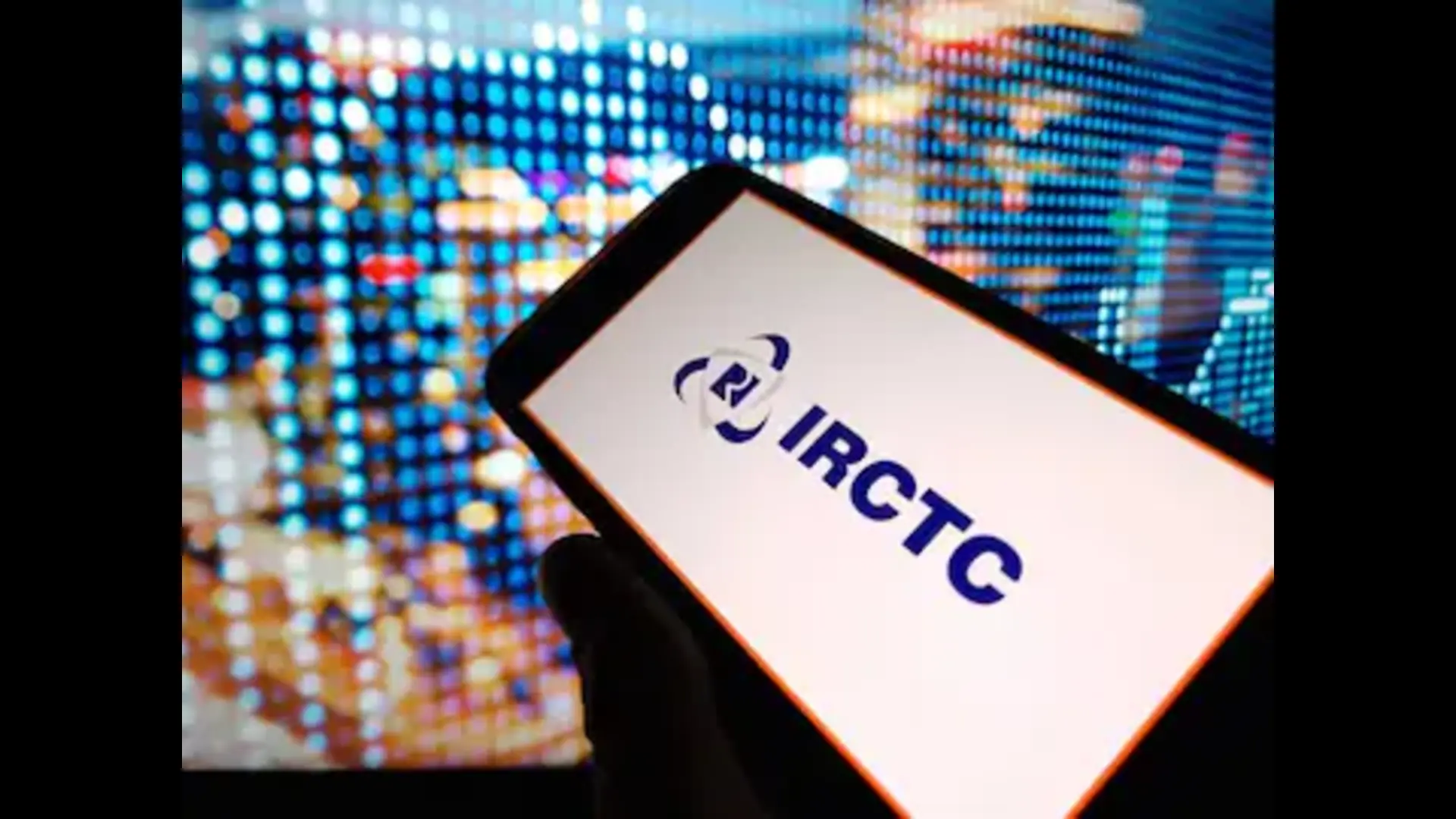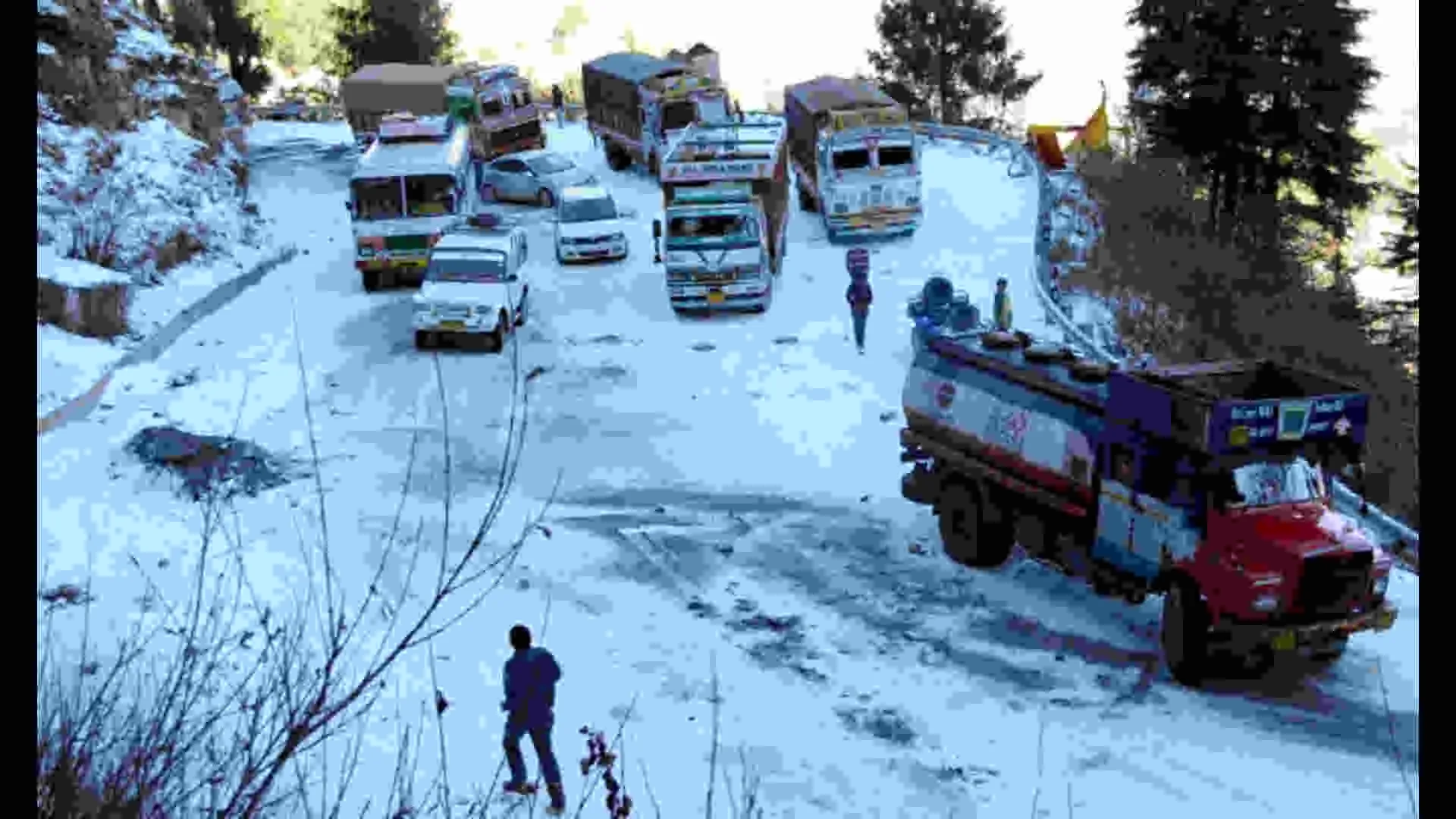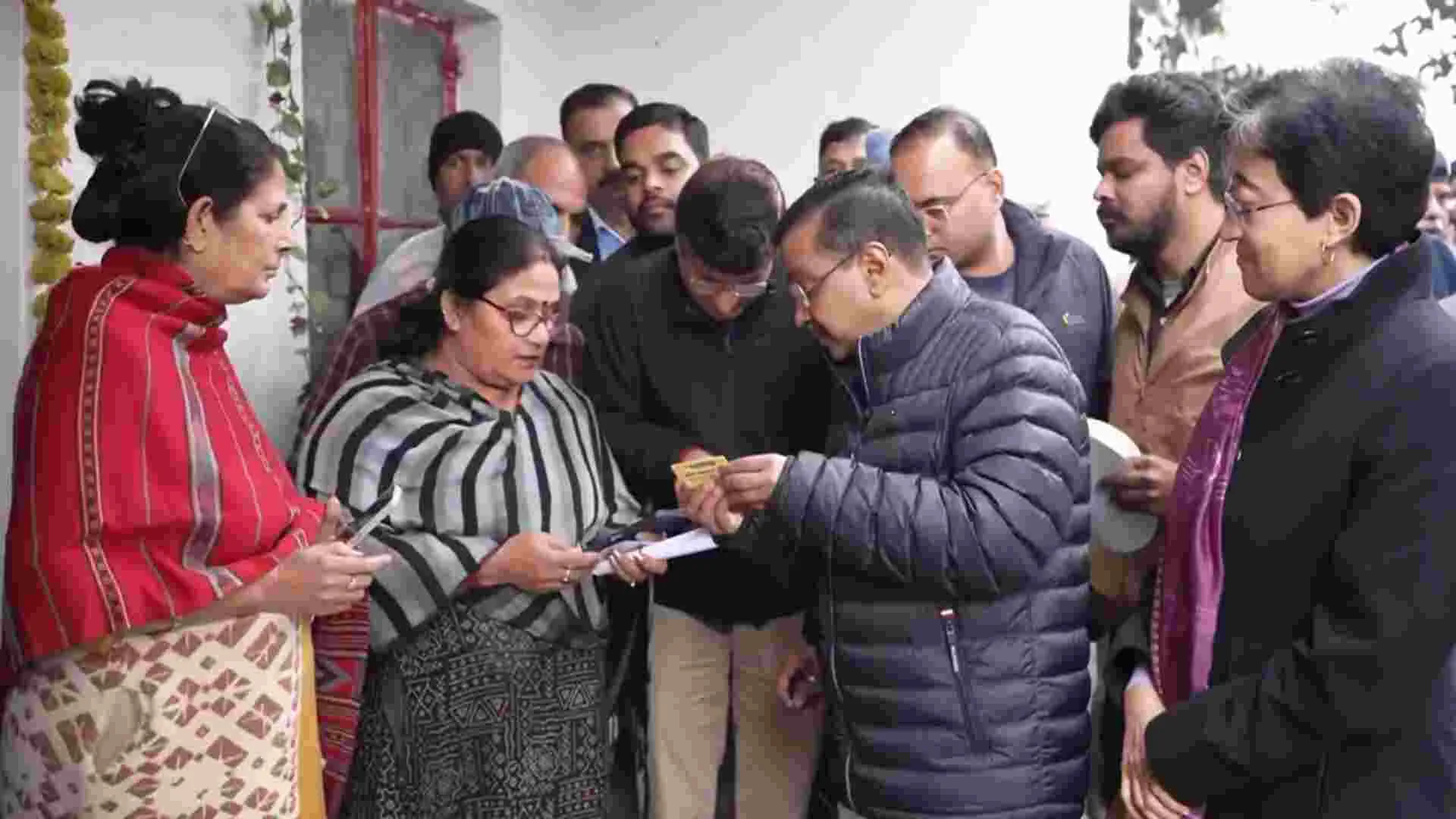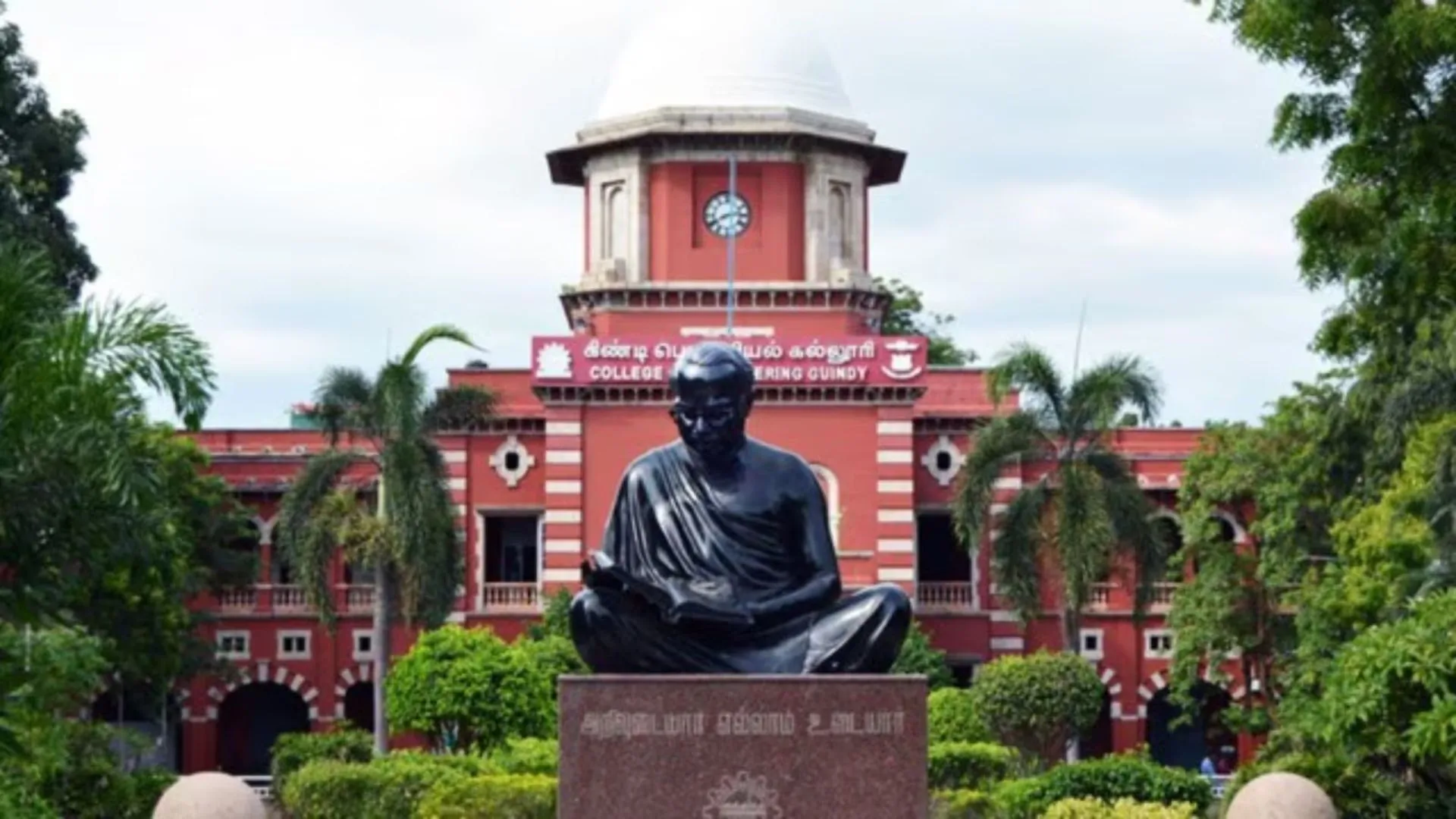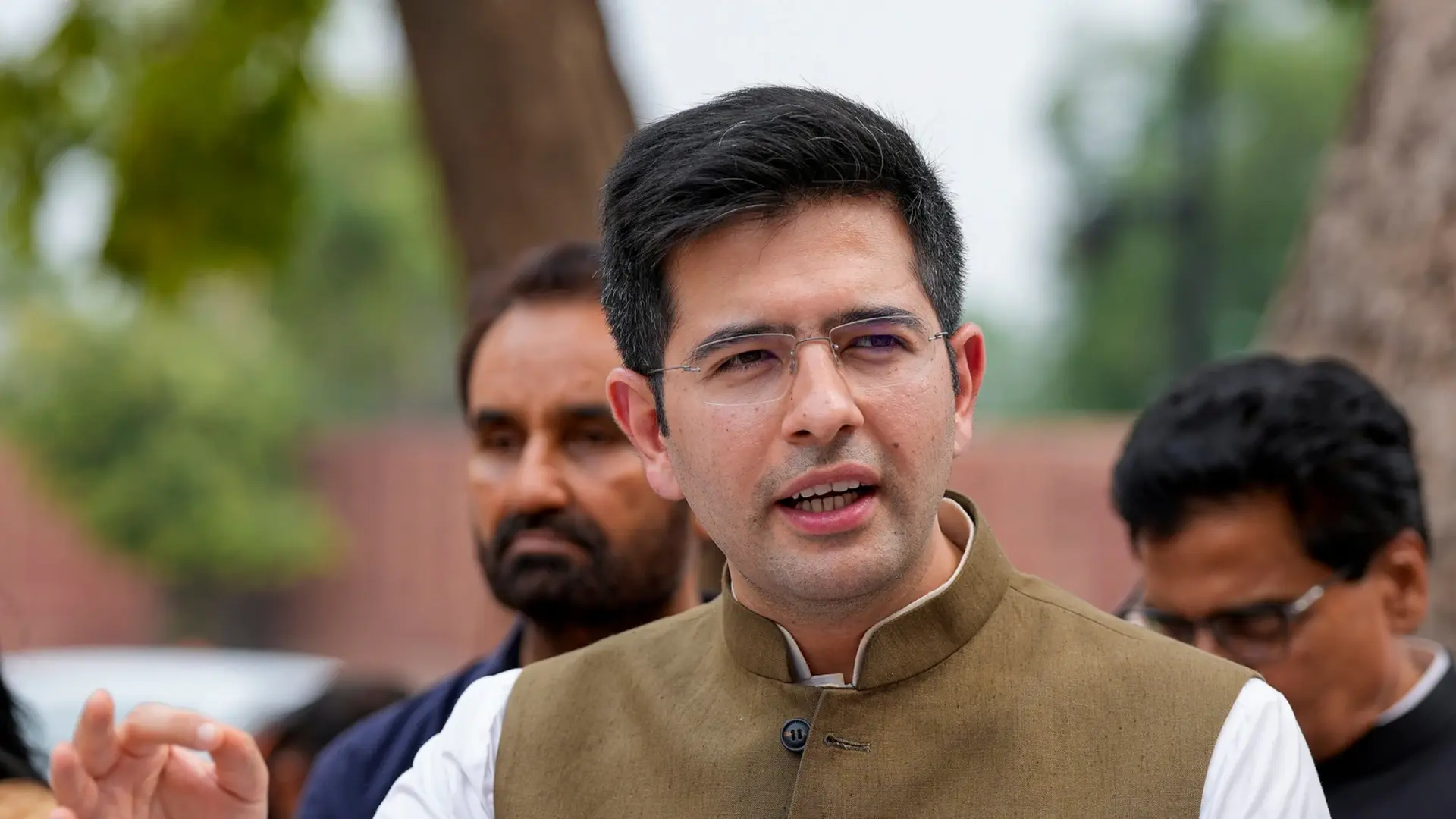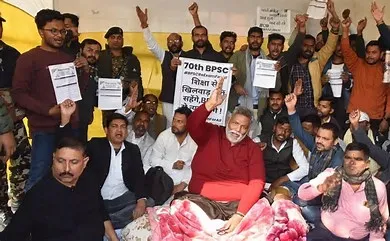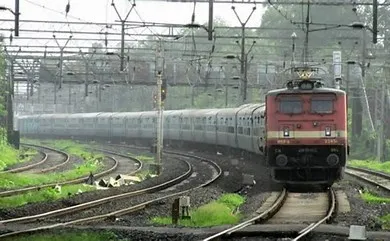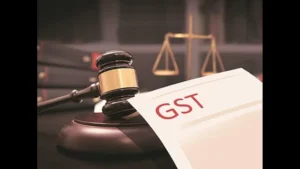The 55th GST Council meeting, led by Finance Minister Nirmala Sitharaman in Jaisalmer, Rajasthan, on Saturday, December 21, 2024, introduced several changes impacting the prices of various goods and services.
Used cars, including used electric vehicles (EVs), will see a rise in tax to 18% from the current 12%. This change applies only to used cars sold by businesses, while private individuals can still sell used cars without attracting GST. Caramelised popcorn will continue to attract an 18% GST, while ‘ready-to-eat’ popcorn mixed with salt and spices, if not pre-packaged, will be taxed at 5%. Pre-packaged and labelled ready-to-eat snacks, including popcorn, will be subject to a 12% GST.
On the other hand, several items will become cheaper. Gene therapy has been fully exempted from GST, and the exemption on IGST for surface-to-air missiles has been extended. GST on fortified rice kernels, used for public distribution, has been reduced from 18% to 5%. Additionally, AAC blocks containing 50% fly ash will now be taxed at 12%. Black pepper and raisins supplied directly by farmers will be exempt from GST. Penal charges imposed by banks and non-banking financial companies (NBFCs) for non-compliance with loan terms will no longer attract GST. Payment aggregators handling payments below ₹2,000 will also be exempt from GST, though this does not apply to payment gateways or fintech companies. The compensation cess rate for supplies to merchant exporters has been reduced to 0.1%, aligning it with the GST rate on such supplies. Moreover, the GST Council has approved in principle a plan to make it easier for small companies to register under GST.
Several decisions have been deferred. The proposal to bring aviation turbine fuel (ATF) under the GST regime has been postponed, as many states opposed the move, keeping ATF outside the ‘one-nation-one-tax’ framework. The taxation of Floor Space Index (FSI) was also deferred due to disagreements within the Council. Furthermore, the GST Council has decided to set up a Group of Ministers (GoM) to explore the possibility of allowing states to levy a calamity cess under GST to help manage the financial impact of natural disasters. The decision to impose GST on quick commerce services, e-commerce, and food delivery platforms has been delayed, with further discussions needed. The proposal to reduce the GST rate on health insurance premiums has also been postponed, awaiting feedback from the regulator. Lastly, the rationalisation of GST rates for 148 items is still under review, with the GoM being given more time to reach a conclusion.

